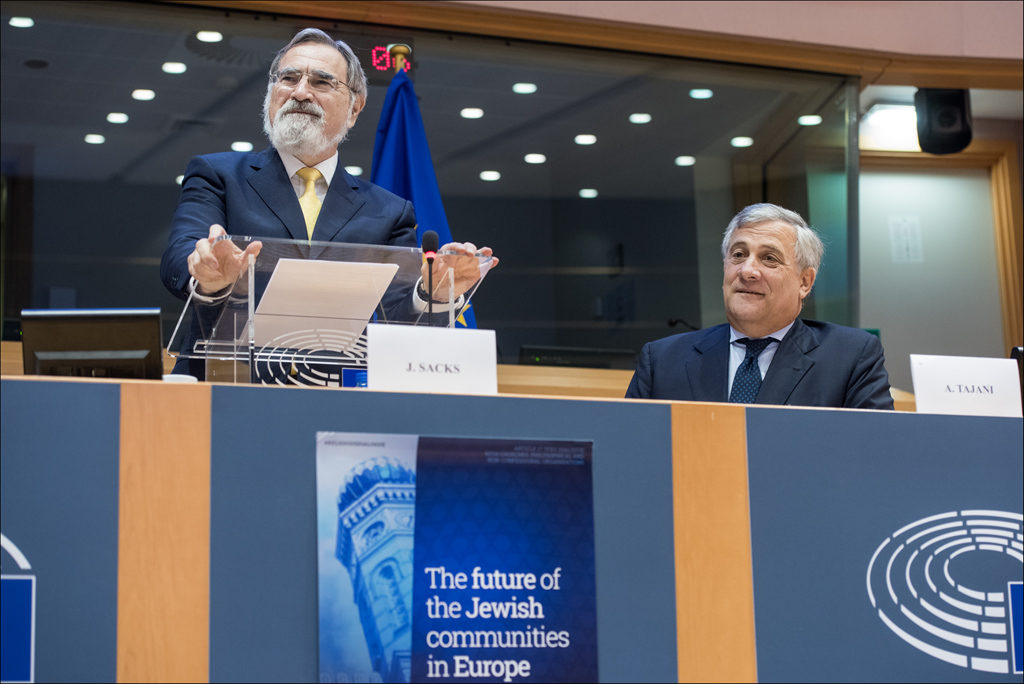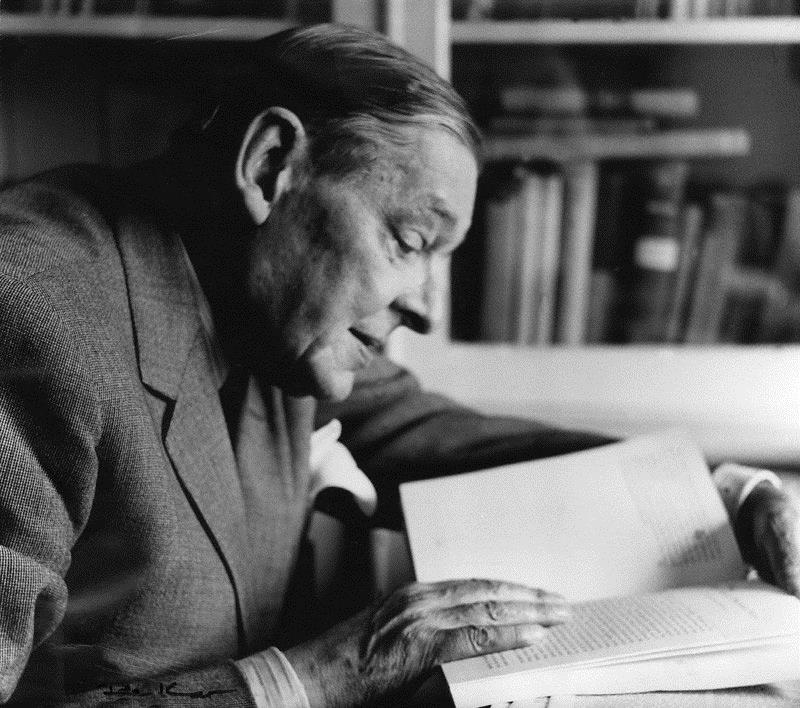Moral Paragons Need No Facts: The Pathetic Apologetics of Jonathan Sacks, Part 2

Rabbi Sacks’ “critique” of multiculturalism
As he approached the end of his tenure as Chief Rabbi of Britain in 2013, Sacks became increasingly critical of Britain’s model of multiculturalism which, he acknowledged, had originally emerged “in response to the Holocaust.” While having been “undertaken for the highest of motives” and “intended to create a more tolerant society, one in which everyone, regardless of color, creed or culture, felt at home,” multiculturalism in Britain was no longer working. It was not, however, the beheading of Lee Rigby, the no go zones, revelations of Muslim rape gangs or the racialization of politics that prompted the rabbi’s unexpected critique; it was, rather, because “Jews especially in London and Manchester have found themselves attacked on their way to and from synagogue, or abused by passers-by.”
Maintaining that “multiculturalism has led not to integration but to segregation,” Sacks argued that the policy should be reformed to place greater emphasis on “tolerance” and “integration.” [i] While still stressing the sanctity of “diversity” and “difference,” Sacks insisted the British government should do more to promote “tolerance” and called for greater consultation between ethnic communities, arguing that: “In a society of plurality and change, there may be no detailed moral consensus that can be engraved on tablets of stone. But there can and must be a continuing conversation, joined by as many voices as possible, on what makes our society a collective enterprise: a community that embraces many communities.”[ii] Elsewhere the rabbi opined that “The more plural a society we become, the more we need to reflect on what holds us together.”[iii]
Sacks here pretends that all interests can be reconciled through open dialogue, when in truth the interests of different racial and religious groups are often fundamentally opposed and irreconcilable. In responding to the proliferating social dysfunctions that “diversity” has introduced into Western societies, Sacks advises Europeans to “answer hatred with love, violence with peace, resentment with generosity of spirit and conflict with reconciliation.”[iv] The fact that the “Jewish state” he fiercely defends exhibits none of these traits causes him no disquiet. Instead, for the rabbi, this epic double standard is a normative part of contemporary Jewish identity where: “In Israel one is Jewish by living in a Jewish state, surrounded by a Jewish culture and Jewish institutions. But elsewhere, being Jewish means going against the grain, being counter-cultural.”[v] Read more








